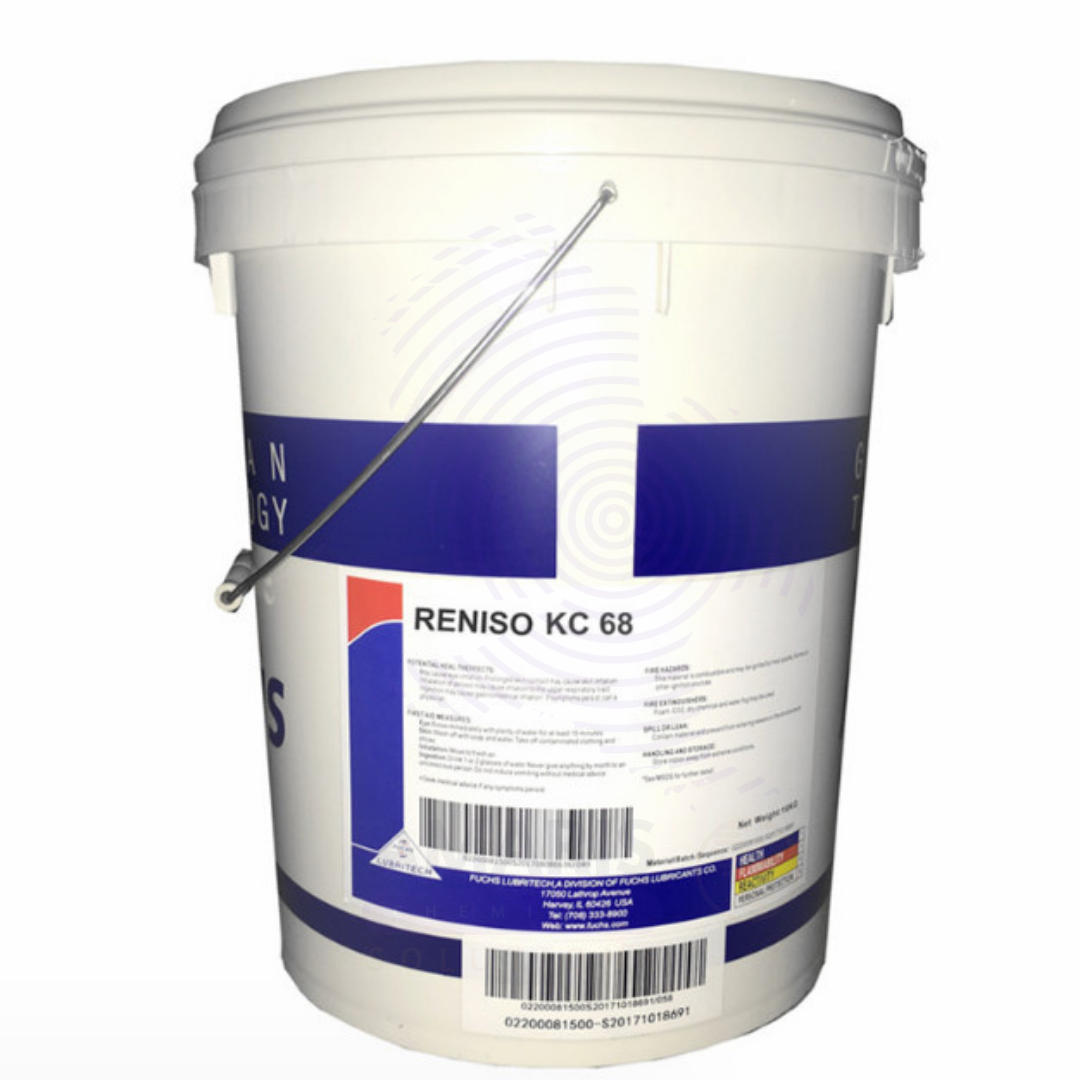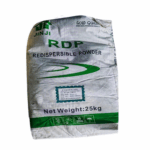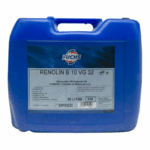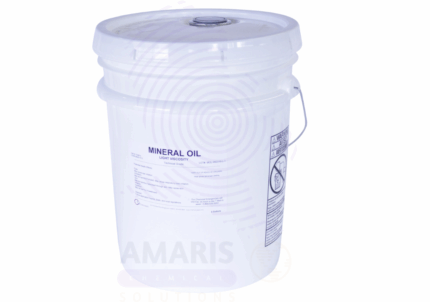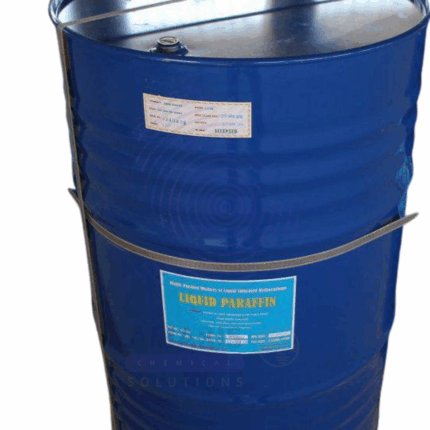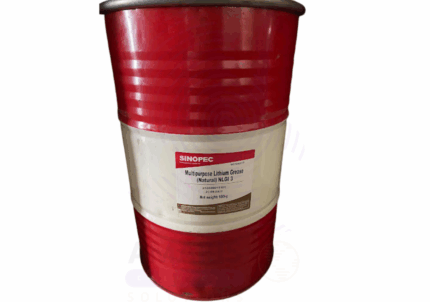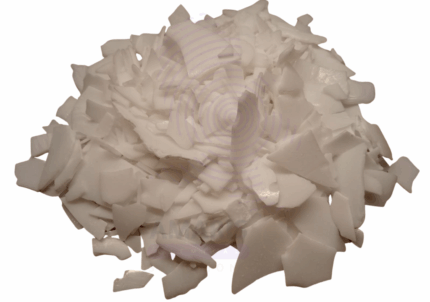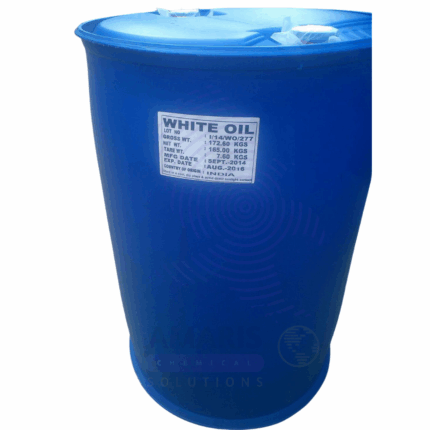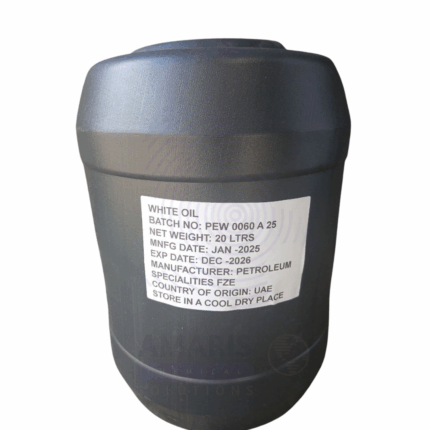Renisco KCS 68
Whatsapp Order
Renisco KCS 68 is a clay-coated, controlled-release potassium sulfate fertilizer granule containing approximately 68% K₂O equivalent. The clay coating regulates potassium release, aligning nutrient availability with plant uptake over an extended period. This minimizes leaching and enhances nutrient-use efficiency. Renisco KCS 68 is widely used in horticulture, agriculture, turf management, and specialty crop production.
Description
Table of Contents
Toggle
Renisco KCS 68
Primary Uses
- Agriculture & Field Crops
- Provides essential potassium supply for crops like corn, wheat, soybeans, and cotton.
- Enhances plant stress resistance, improved yield, and quality.
- Reduces soil salinity impact by replacing chloride-based potassium sources.
- Horticulture & Specialty Crops
- Used in fruit trees (citrus, apple, stone fruits), grapes, berries, and vegetables.
- Promotes fruit size, flavor, sugar content, and shelf life.
- Applied in sustained-release programs for consistent nutrient delivery.
- Turf & Ornamental Plantings
- Used in golf course greens, sports fields, and ornamental landscapes.
- Supports turf strength, drought tolerance, and uniform color.
- Ideal for slow-release fertilization to reduce burn risk and runoff.
Secondary Uses
- Controlled-Release Nursery Media
- Incorporated in potting soils and nursery mixes to provide prolonged potassium supply.
- Reduces frequency of nutrient application in containers.
- Greenhouse Production
- Used in greenhouse bedding plants and container-grown ornamentals where consistent nutrient release is desirable.
- Golf Course & Landscaping Projects
- Applied in maintenance of EMBANKMENTS and MITIGATION plantings requiring slow-release nutrition.
KEY PRODUCT FEATURES
1. Basic Identification Attributes
- Chemical Name (IUPAC): Potassium sulfate
- Common/Trade Name: Renisco KCS 68
- CAS Number: 7778-80-5
- HS Code: 3104.20.10
- Synonyms: Controlled-release K₂SO₄; Clay-coated potassium fertilizer
2. Physical & Chemical Properties
- Physical State: Solid granules (~2–4 mm diameter)
- Color & Odor: Off-white to tan (clay coated); odorless
- K₂O Equivalent: ~68%
- Solubility: Moderately soluble in water; release rate controlled by coating
- Bulk Density: Typically 1.0–1.2 g/cm³
- pH: Neutral to slightly alkaline
3. Safety & Hazard Attributes
- GHS Classification: Not classified as hazardous
- Toxicity: Low; non-toxic to humans under normal handling
- Exposure Limits: No specific occupational exposure limits
4. Storage & Handling Attributes
- Storage Conditions: Store in a dry, cool, well-ventilated area away from moisture
- Container Type: 25 kg paper-lined bags or bulk tote sacks
- Shelf Life: Up to 3 years if stored under recommended conditions
- Handling Precautions: Minimize dust; avoid moisture ingress and contamination
5. Regulatory & Compliance Attributes
- Meets fertilizer regulations including EU, US NPK labeling requirements
- Manufactured under ISO-certified facilities
- Suitable for organic-certified operations if clay and production methods comply
6. Environmental & Health Impact
- Biodegradability: Inorganic mineral; inert in soil environment
- Ecotoxicity: Low; improves soil structure and plant nutrient efficiency
- Bioaccumulation: Not applicable
- Runoff Risk: Reduced compared to soluble potassium salts
SAFETY HANDLING PRECAUTIONS
Safety Handling Precautions
- PPE Required: Gloves, dust mask, and eye protection when handling bulk
- Handling Guidelines: Use ventilation to control dust; avoid contact with open wounds
- Storage Measures: Keep containers tightly closed and stored in a dry environment away from humidity
First Aid Measures
- Inhalation: Move to fresh air; seek medical attention if coughing or discomfort occurs
- Skin Contact: Wash with soap and water; seek medical advice if irritation develops
- Eye Contact: Rinse immediately with water for at least 15 minutes; get medical attention if irritation persists
- Ingestion: Rinse mouth; unlikely to cause serious effect; consult medical professional if ingested in large amounts
Firefighting Measures
- Fire Hazards: Non-flammable
- Extinguishing Media: Use water spray or standard extinguishers if surrounding materials are on fire
- Special Precautions: Use protective gear to avoid dust exposure
- Hazardous Combustion Products: None from the fertilizer itself
Related products
Light White Mineral Oil Tech Grade
Light White Mineral Oil Tech Grade is a highly refined, colorless, odorless, and tasteless petroleum-derived oil. It is characterized by its low viscosity and excellent lubricating properties. This technical-grade mineral oil undergoes stringent purification processes to remove impurities, making it suitable for various industrial, cosmetic, pharmaceutical, and food-related applications. Its chemical stability, non-reactivity, and safety profile make it a versatile ingredient and lubricant in many manufacturing and processing sectors.
Liquid Paraffin
Liquid Paraffin, also known as mineral oil, is a clear, colorless, odorless, and tasteless petroleum-derived liquid hydrocarbon. It is composed primarily of saturated hydrocarbons and is highly refined to meet pharmaceutical and cosmetic grade standards. Liquid Paraffin is widely used for its lubricating, moisturizing, and protective properties. It is non-volatile, chemically stable, and insoluble in water, making it ideal for applications in personal care, pharmaceuticals, and industrial lubrication.
Lithium Grease
Lithium Grease is a multi-purpose, high-performance lubricant made by thickening mineral or synthetic oils with lithium soap as the thickening agent. It exhibits excellent mechanical stability, water resistance, and oxidation resistance, making it suitable for a wide range of industrial, automotive, and household lubrication applications. Lithium Grease is valued for its high dropping point, good adhesion, and ability to perform under varying temperature and load conditions.
Polyvinyl Chloride PE Wax
Polyvinyl Chloride PE Wax is a polyethylene-based wax additive used in PVC formulations to improve processing, lubrication, and surface finish. It serves as an internal and external lubricant in both rigid and flexible PVC products, enhancing extrusion, molding, and calendaring operations. It also contributes to better dispersion of fillers and pigments, reduced friction, and improved thermal stability. PE Wax for PVC is available in powder, flake, or granule form and is valued for its compatibility, thermal resistance, and cost-effectiveness.
Renolin B
Renolin B is a high-quality mineral oil-based lubricant commonly used as a hydraulic oil, compressor oil, and general-purpose industrial lubricant. It features excellent oxidation stability, good thermal properties, and effective anti-wear performance. Renolin B is suitable for a wide range of industrial machinery and equipment, providing reliable lubrication, corrosion protection, and extended service life under moderate operating conditions
Silicon Emulsion
Silicon Emulsion is a stable, water-based emulsion of polydimethylsiloxane (PDMS) or other silicone fluids, commonly used for lubrication, gloss enhancement, release, water repellency, and surface conditioning. It appears as a milky-white, viscous liquid and is non-toxic, non-flammable, and easy to handle. Due to its excellent spreadability and low surface tension, it is widely used in industries ranging from automotive and textiles to agriculture, construction, and cosmetics.
White Oil
White Oil, also known as Mineral Oil or Liquid Paraffin, is a highly refined, clear, odorless, and tasteless petroleum-derived oil. It is composed of saturated aliphatic hydrocarbons and is available in various viscosity grades depending on the intended application. The product is extensively purified to remove aromatic hydrocarbons, sulfur compounds, and other impurities, making it suitable for use in personal care, pharmaceutical, food, and industrial applications. White Oil is prized for its excellent lubricity, moisture barrier function, chemical stability, and non-comedogenic properties.
White Oil supplied in a 162 kg drum format is typically used in bulk manufacturing and industrial-scale processing across multiple sectors.
Zinc Stearate
Zinc Stearate is a fine, white powder composed of zinc salts of stearic acid. It is a hydrophobic, non-toxic metal soap widely used as a lubricant, release agent, and stabilizer in plastics, rubber, paints, coatings, and personal care industries. Known for its excellent mold-release properties and compatibility with a range of polymers, Zinc Stearate offers thermal stability and processing efficiency across industrial applications.


 Preservatives(food)
Preservatives(food) Flavor Enhancers
Flavor Enhancers Acidulants
Acidulants Sweeteners
Sweeteners Antioxidants
Antioxidants Colorants(food)
Colorants(food) Nutraceutical Ingredients (food)
Nutraceutical Ingredients (food) Nutrient Supplements
Nutrient Supplements Emulsifiers
Emulsifiers
 Collectors
Collectors Dust Suppressants
Dust Suppressants Explosives and Blasting Agents
Explosives and Blasting Agents Flocculants and Coagulants
Flocculants and Coagulants Frothers
Frothers Leaching Agents
Leaching Agents pH Modifiers
pH Modifiers Precious Metal Extraction Agents
Precious Metal Extraction Agents
 Antioxidants(plastic)
Antioxidants(plastic) Colorants (Pigments, Dyes)
Colorants (Pigments, Dyes) Fillers and Reinforcements
Fillers and Reinforcements Flame Retardants
Flame Retardants Monomers
Monomers Plasticizers
Plasticizers Polymerization Initiators
Polymerization Initiators Stabilizers (UV, Heat)
Stabilizers (UV, Heat)
 Antifoaming Agents
Antifoaming Agents Chelating Agents
Chelating Agents Coagulants and Flocculants
Coagulants and Flocculants Corrosion Inhibitors
Corrosion Inhibitors Disinfectants and Biocides
Disinfectants and Biocides Oxidizing Agents
Oxidizing Agents pH Adjusters
pH Adjusters Scale Inhibitors( water)
Scale Inhibitors( water)
 Antioxidants(cosmetic)
Antioxidants(cosmetic) Emollients
Emollients Fragrances and Essential Oils
Fragrances and Essential Oils Humectants
Humectants Preservatives
Preservatives Surfactants(cosmetic)
Surfactants(cosmetic) Thickeners
Thickeners UV Filters
UV Filters
 Fertilizers
Fertilizers Soil Conditioners
Soil Conditioners Plant Growth Regulators
Plant Growth Regulators Animal Feed Additives
Animal Feed Additives Biostimulants
Biostimulants Pesticides (Herbicides, Insecticides, Fungicides)
Pesticides (Herbicides, Insecticides, Fungicides)
 Active Pharmaceutical Ingredients (APIs)
Active Pharmaceutical Ingredients (APIs) Excipients
Excipients Solvents(pharmaceutical)
Solvents(pharmaceutical) Antibiotics
Antibiotics Antiseptics and Disinfectants
Antiseptics and Disinfectants Vaccine Adjuvants
Vaccine Adjuvants Nutraceutical Ingredients (pharmaceutical)
Nutraceutical Ingredients (pharmaceutical) Analgesics & Antipyretics
Analgesics & Antipyretics
 Analytical Reagents
Analytical Reagents Solvents(lab)
Solvents(lab) Chromatography Chemicals
Chromatography Chemicals Spectroscopy Reagents
Spectroscopy Reagents microbiology-and-cell-culture-reagents
microbiology-and-cell-culture-reagents Molecular Biology Reagents
Molecular Biology Reagents Biochemical Reagents
Biochemical Reagents Inorganic and Organic Standards
Inorganic and Organic Standards Laboratory Safety Chemicals
Laboratory Safety Chemicals Specialty Laboratory Chemicals(Special Laboratory Equipment)
Specialty Laboratory Chemicals(Special Laboratory Equipment)
 Demulsifiers
Demulsifiers Hydraulic Fracturing Fluids
Hydraulic Fracturing Fluids Scale Inhibitors(oil)
Scale Inhibitors(oil) Surfactants(oil)
Surfactants(oil) Drilling Fluids
Drilling Fluids
 Dyes and Pigments
Dyes and Pigments Bleaching Agents
Bleaching Agents Softening Agents
Softening Agents Finishing Agents
Finishing Agents Antistatic Agents
Antistatic Agents
 Admixtures
Admixtures Waterproofing Agents
Waterproofing Agents Sealants and Adhesives
Sealants and Adhesives Curing Compounds
Curing Compounds Concrete Repair Chemicals
Concrete Repair Chemicals Anti-Corrosion Coatings
Anti-Corrosion Coatings
 Surfactants(cleaning)
Surfactants(cleaning) Builders
Builders Enzymes
Enzymes Solvents (Cleaning)
Solvents (Cleaning) Fragrances
Fragrances
 Electronic Chemicals
Electronic Chemicals Catalysts
Catalysts Lubricants
Lubricants Photographic Chemicals
Photographic Chemicals Refrigerants
Refrigerants Automotive chemicals
Automotive chemicals Pyrotechnic Chemicals
Pyrotechnic Chemicals
 Biodegradable Surfactants
Biodegradable Surfactants Bio-based Solvents
Bio-based Solvents Renewable Polymers
Renewable Polymers Carbon Capture Chemicals
Carbon Capture Chemicals Wastewater Treatment Chemicals
Wastewater Treatment Chemicals
 Pigments
Pigments Solvents(paint)
Solvents(paint) Specialty Coatings
Specialty Coatings Binders/Resins
Binders/Resins Additives
Additives Driers
Driers Anti-Corrosion Agents
Anti-Corrosion Agents Functional Coatings
Functional Coatings Application-Specific Coatings
Application-Specific Coatings
 Fresh Herbs
Fresh Herbs Ground Spices
Ground Spices Whole Spices
Whole Spices Spice Blends
Spice Blends Dried Herbs
Dried Herbs
 Leavening Agents
Leavening Agents Dough Conditioners
Dough Conditioners Flour Treatments
Flour Treatments Fat Replacers
Fat Replacers Decoratives
Decoratives Preservatives(baking)
Preservatives(baking)
 Plasticizers & Softeners
Plasticizers & Softeners Reinforcing Agents
Reinforcing Agents Adhesion Promoters
Adhesion Promoters Vulcanizing Agents
Vulcanizing Agents Antidegradants
Antidegradants Blowing Agents
Blowing Agents Fillers & Extenders
Fillers & Extenders Accelerators & Retarders
Accelerators & Retarders